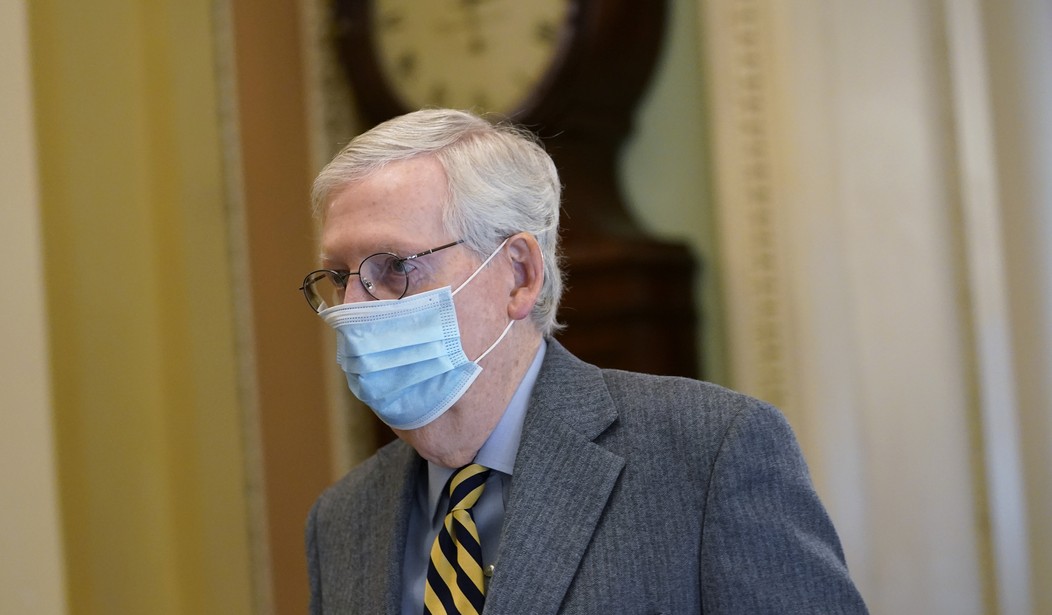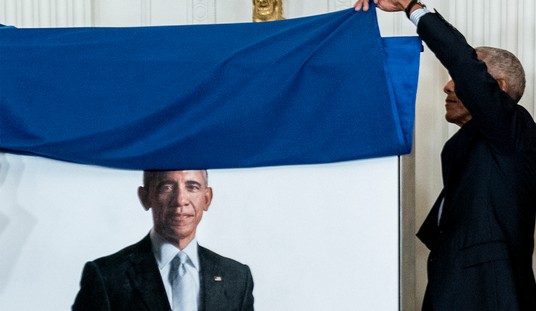In an extraordinary New Year’s Day session, Congress voted on Friday to override Donald Trump’s veto of a defense policy bill, marking the first time Congress has overridden a Trump veto in four years.
Both chambers voted overwhelmingly against the president. The House vote was 322-87 while the Senate voted 81-13 to reject the president’s objections and pass the bill anyway.
Trump’s objection to the bill rested on his desire to repeal some liability protection for social media companies. He also opposed renaming military bases named for Confederate personalities. When the Senate refused to include the repeal, the president vetoed the bill. But the measure was extremely popular, given its $740 billion price tag and the fact that almost every congressional district in the country would get something.
The defense bill, which now has the force of law, “looks after our brave men and women who volunteer to wear the uniform,” said Senate Majority Leader Mitch McConnell, R-Ky. “But it’s also a tremendous opportunity: to direct our national security priorities to reflect the resolve of the American people and the evolving threats to their safety, at home and abroad. It’s our chance to ensure we keep pace with competitors like Russia and China.”
The Senate override was delayed after Sen. Bernie Sanders, I-Vt., objected to moving ahead until McConnell allowed a vote on the Trump-backed plan to boost COVID relief payments to $2,000. McConnell did not allow that vote; instead he used his parliamentary power to set a vote limiting debate on the defense measure, overcoming a filibuster threat by Sanders and Senate Democratic leader Chuck Schumer of New York.
There were also policy concerns from Trump that the bill would tie his hands in removing troops from Afghanistan.
Besides his concerns about social media and military base names, Trump also complained that the bill restricted his ability to withdraw thousands of troops from Afghanistan and Germany. The measure requires the Pentagon to submit reports certifying that the proposed withdrawals would not jeopardize U.S. national security.
Trump had a point about this restriction tying the commander-in-chief’s hands to decide where American troops should be deployed. But Congress was in no mood to grant the president any favors his last weeks in office and Trump’s objection wasn’t enough to sway Republicans in the Senate.
Only seven Senators sided with the president in voting to uphold the veto. But the deck was stacked against the president given the bill’s popularity and the end of Congress being in sight.
Portland Antifa Wishes Everyone a ‘Happy New Year’ With a Riot










Join the conversation as a VIP Member